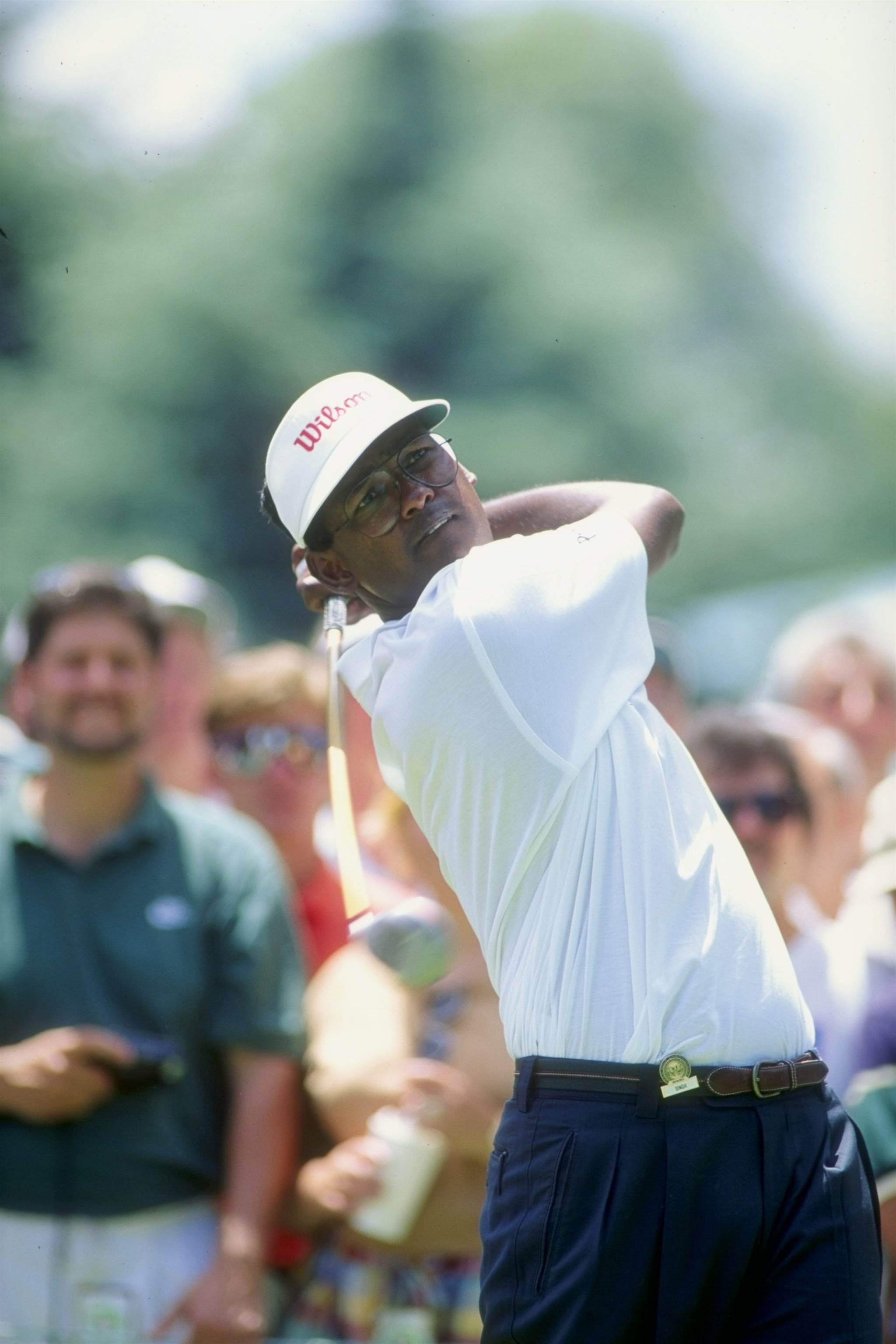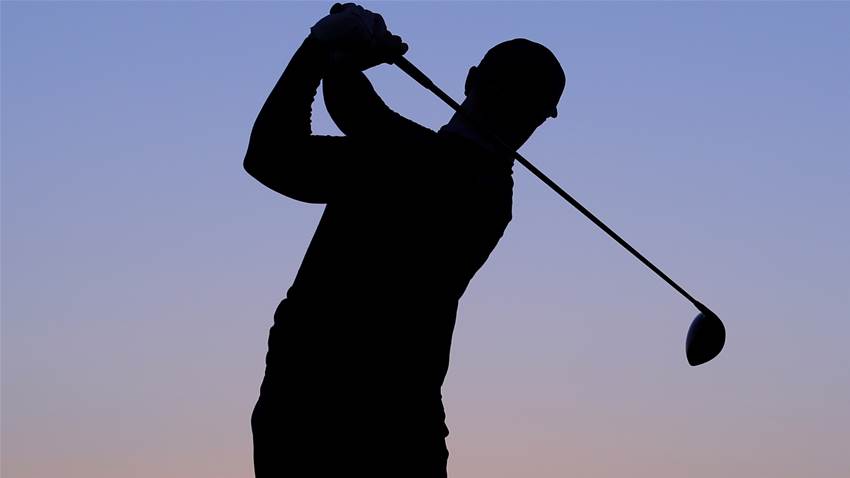The Covid-19 pandemic has touched every corner of the globe. And when it comes to the game of golf, the same reach within our industry is certainly true.
Like many other industries, there has been huge changes to how everyday business takes place, golf courses and clubs forced to shut down and of course the suspension of almost all professional golf.
The activity of many of the world’s best players during this unprecedented time has been easily tracked.
From Tiger Woods’ home Masters Champions’ Dinner, to Brooks Koepka’s botched haircut by girlfriend Jenna Sims, to the swing updates and video game play of Bryson DeChambeau covered on various social media platforms.
And while these top players are unquestionably affected by the new coronavirus world and the lack of chances to tee it up for millions of dollars and major championship glory in recent weeks, the career earnings and sponsorship contracts of the top players in the game mean the break has been frustrating, perhaps even refreshing, but certainly not career threatening.
For the professional golfers not competing on the world’s biggest stage, the current climate possesses potentially far more serious implications.
Golfers plying their trade on the secondary Tours such as, the Korn Ferry Tour, Challenge Tour, LPGA’s Symetra Tour and more around the world, like our own Pro-Am circuit, are unlikely to have the bank account balance to survive an extended period without golf tournaments.
Government assistance will be available to some, so to generous sponsors happy to keep their contracted player going until professional golf resumes, however, with the prospect of travel restrictions and sponsorship money for tournaments being hard to come by, many face an extended period with little to no income stream.
RIGHT: Vijay Singh is one of many major champions to play on smaller Tours around the world before excelling once turning 30. PHOTO: Gary Newkirk /Allsport.
The reality that professional golf is an expensive career to pursue, with expenses ranging from flights to accommodation and caddie payments, with no guaranteed pay check week-to-week.
These developmental Tours are where the next wave of top players come from. They are a proving ground for youngsters. A place for veterans to rediscover their game before a late career push in the big leagues. Without these Tours and these players, golf is poorer.
Difficult periods of careers have been endured by many of these players before, when returning to a job in a pro shop or perhaps stacking shelves at night to allow practise during the day has been necessary to support their golf career.
At the current time, this sort of back-up has also become more difficult.
What this means for many of these golfers is wide ranging depending on each player’s situation. However, as multiple European Tour winner Scott Hend recently told Golf Australia magazine the reality is the loss of many to the professional game.
“That’s the scary part about it, not only health wise but financially it’s going to destroy a lot people that are going to, they’re distressed already, but some guys I know, they are going to be ruined from it,” Hend said of the suspension of tournament golf and life during the Pandemic.
“And it’s a little bit depressing and upsetting in that way. I am not really thinking about it as myself, because I am fortunate enough to have had a good couple of years and I can get by, I am more worried about my mates and the other people that can’t.
“Anyone with a family. It’s alright if you’re a single guy and you are battling away on the Tour, that was always the way when I was younger, you battled it out and you have no money and you’re used to having no money, but the guys that have a family that were right on the edge of making it or not, some of these guys, I’m not going to say they’re done, but it’s going to be hard for them to try and come back out and afford to do anything.”
Some may think to themselves that if a player hasn’t made it yet, then perhaps they never would.
But the stories of late bloomers and career resurgences from one-time sure things in the game of golf are countless.
Think Steve Stricker, who suffered a mid-career slump that saw him all but disappear from the PGA Tour before returning for one of the great runs of golf by a player in their 40s.
Or Vijay Singh returning, from among other things, two years in exile in Borneo as a club pro to claim 34 PGA Tour wins after turning 30.
Perhaps Jason Dufner, who after bouncing around mini Tours, the Web.Com Tour and PGA Tour for nearly 10 years went on to become a major champion.
Then there is the ‘Tiger Tamer’ Y.E. Yang taking up the game at 19, winning for the first time as a professional in his 30s, then claiming one of the most memorable major victories in the modern era at the PGA Championship.
These players are invaluable to the game of professional golf. So too, the local players whose name bobs up from relative obscurity during our summer of golf.
This pandemic will have immeasurable impacts on the world as we know it. The same is true for the game of golf.
When it comes to professional golf, the potential loss of a number of journeyman pros, some late bloomers and the pro-am players who won’t give up their dream will certainly be a sad one.
Related Articles

World No.2 McIlroy needles LIV over recent signings

Cameron Smith offered 20-day window for PGA Tour return


.jpg&h=115&w=225&c=1&s=1)










